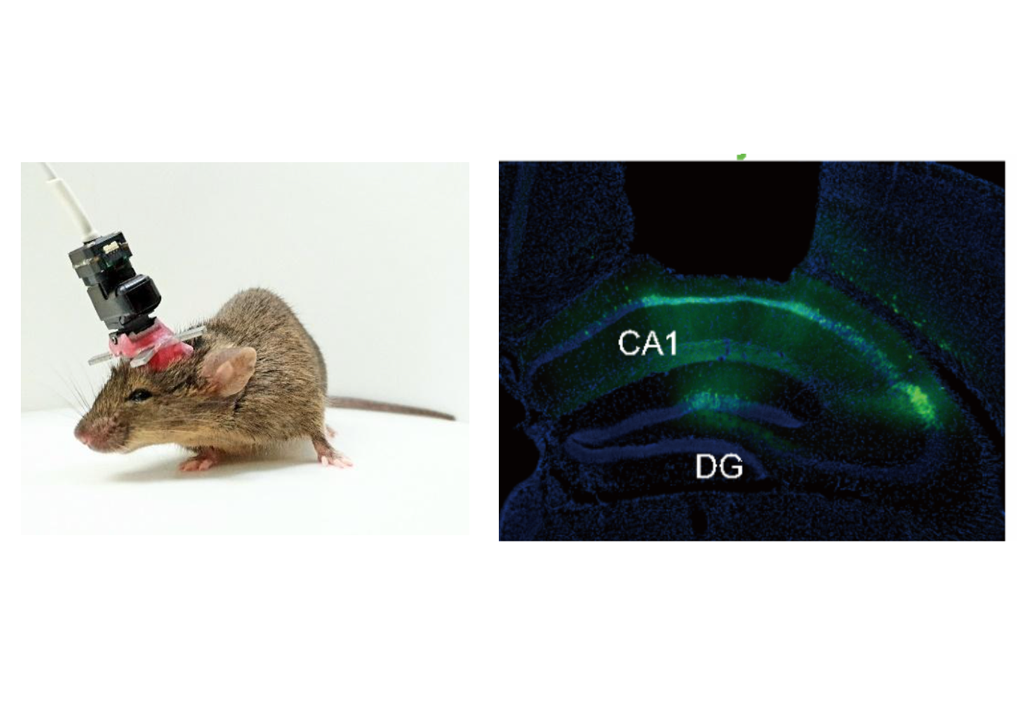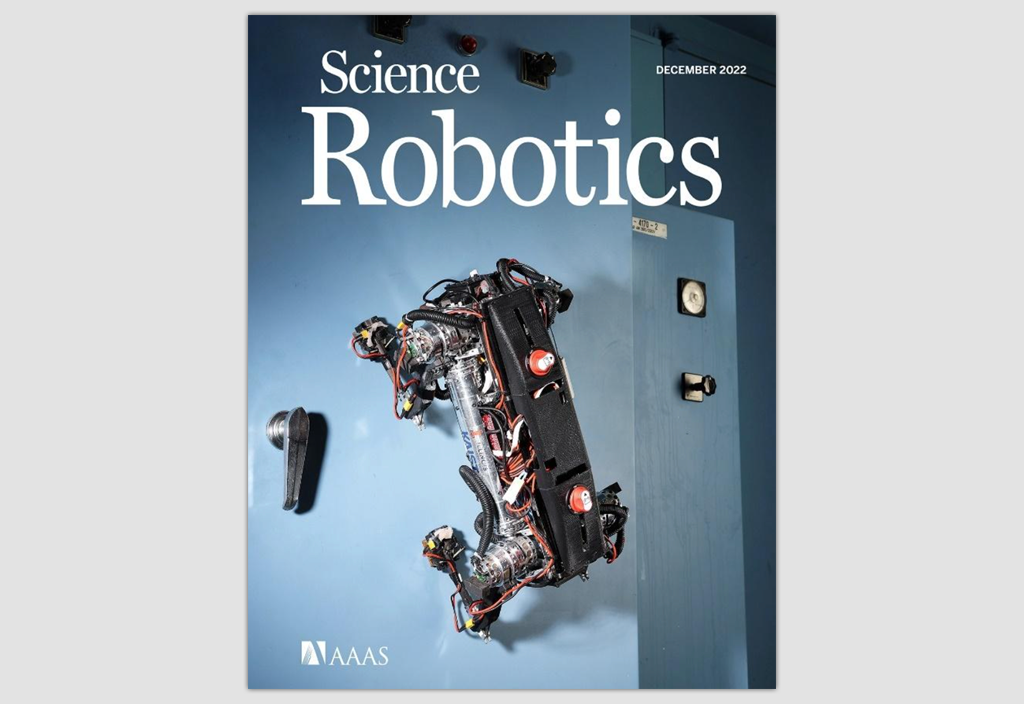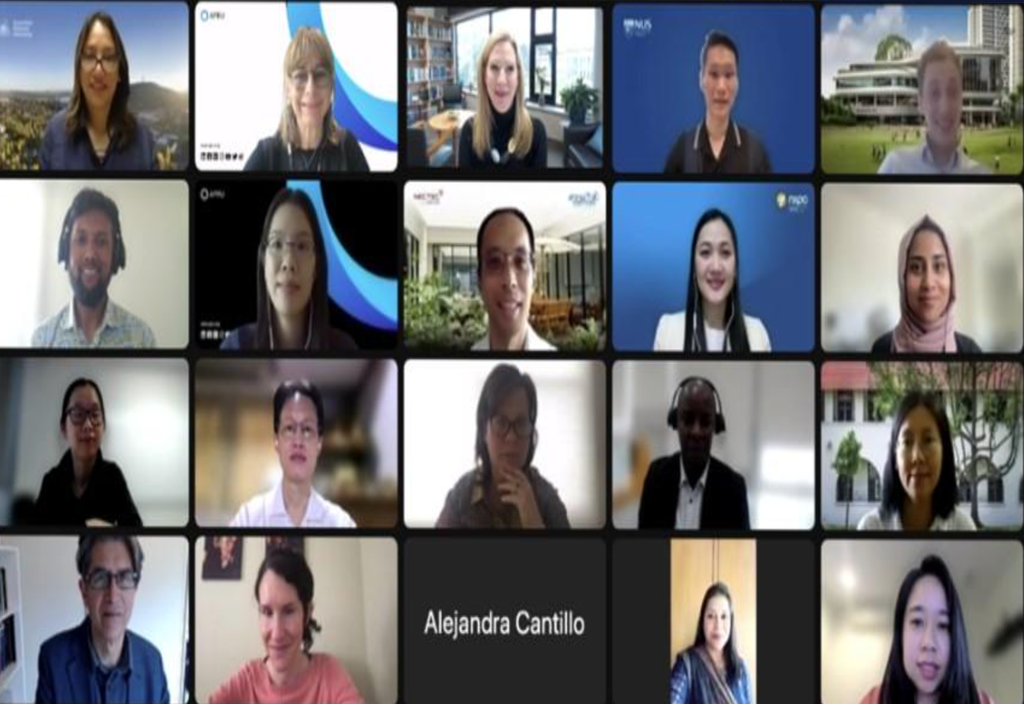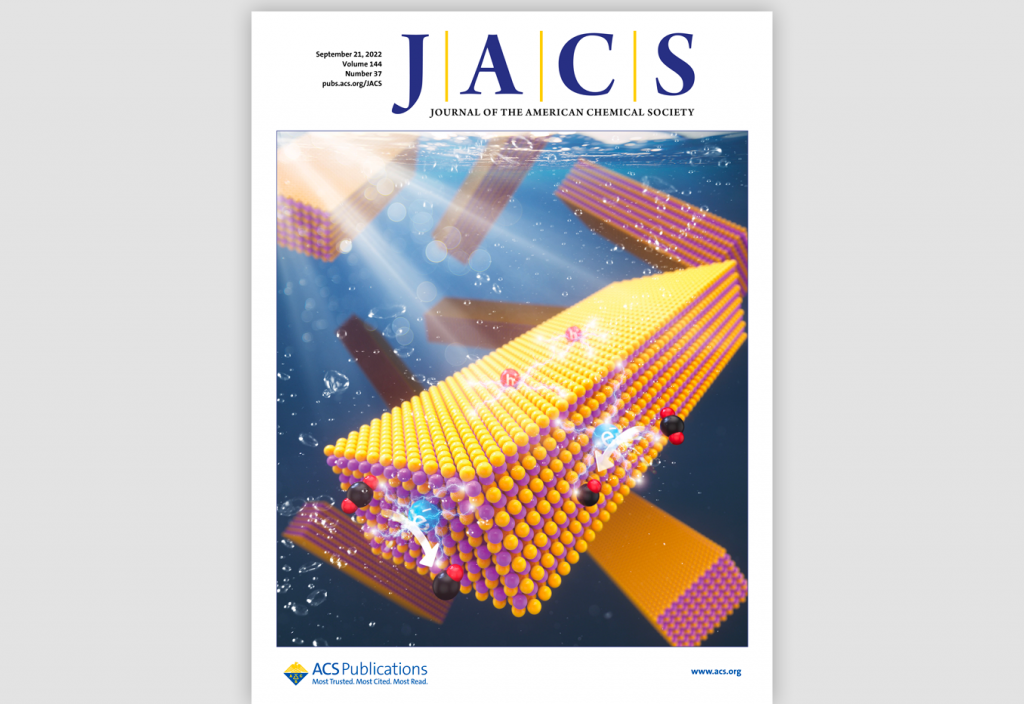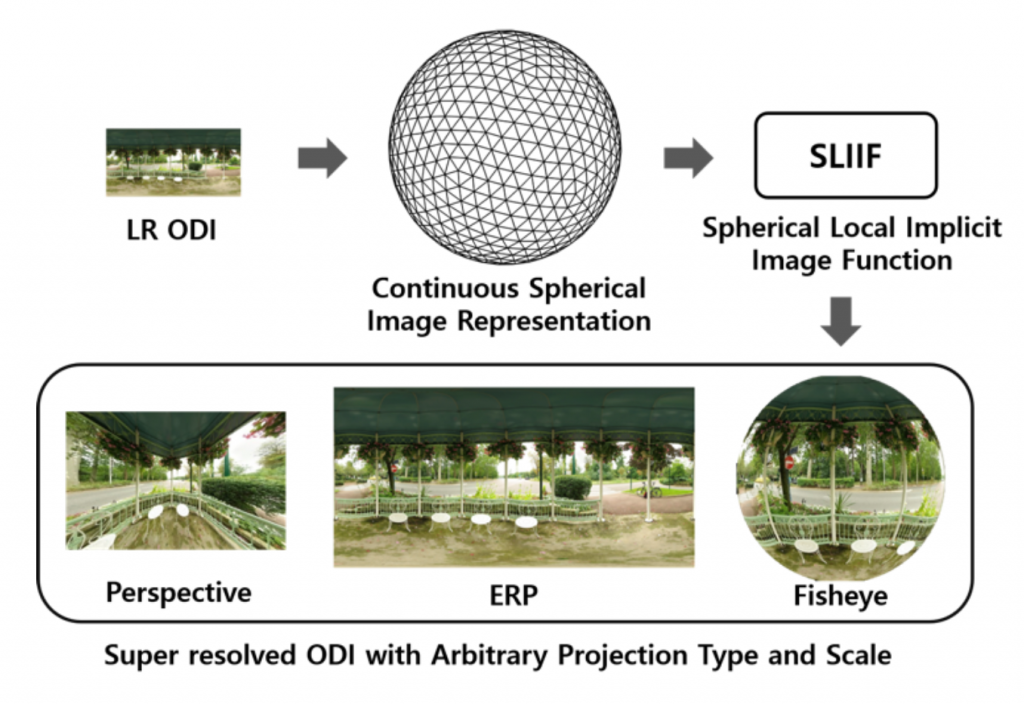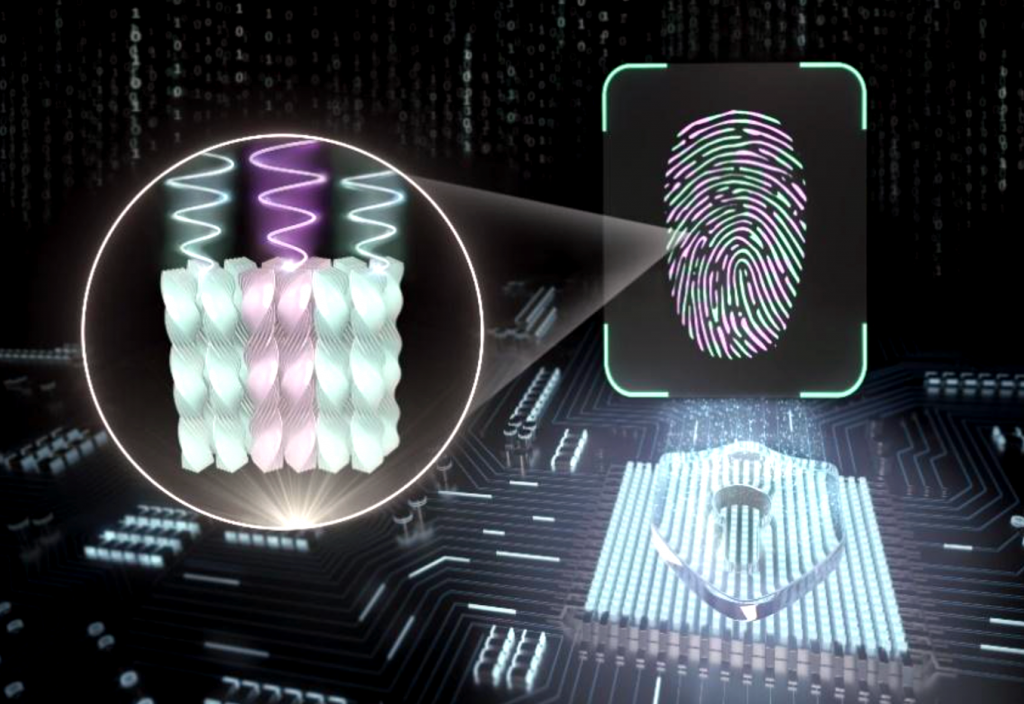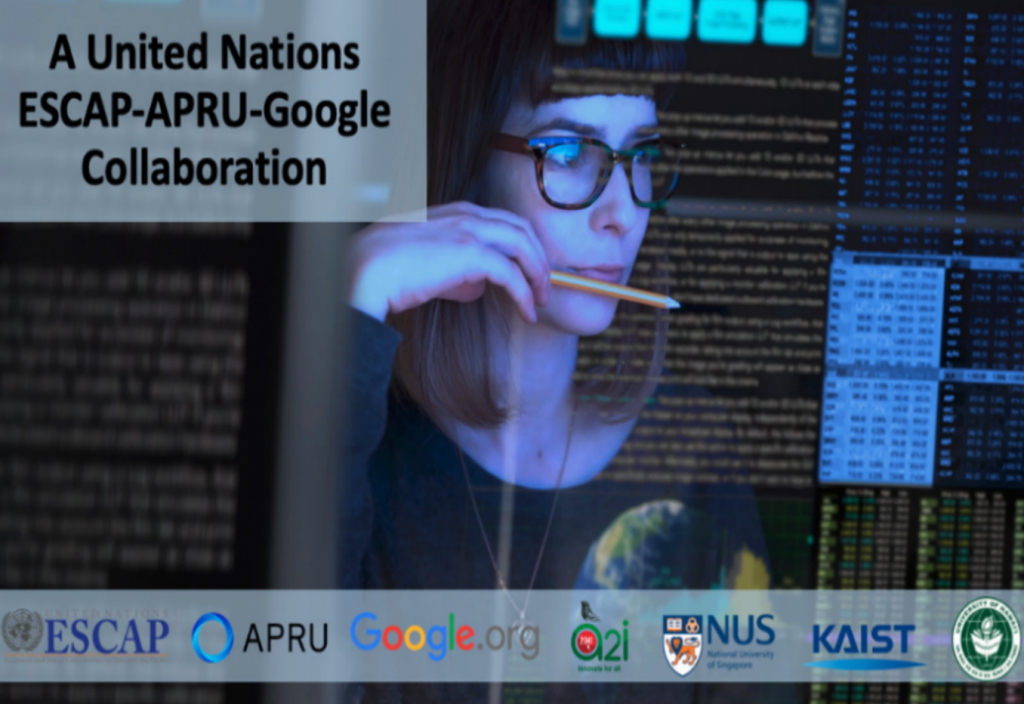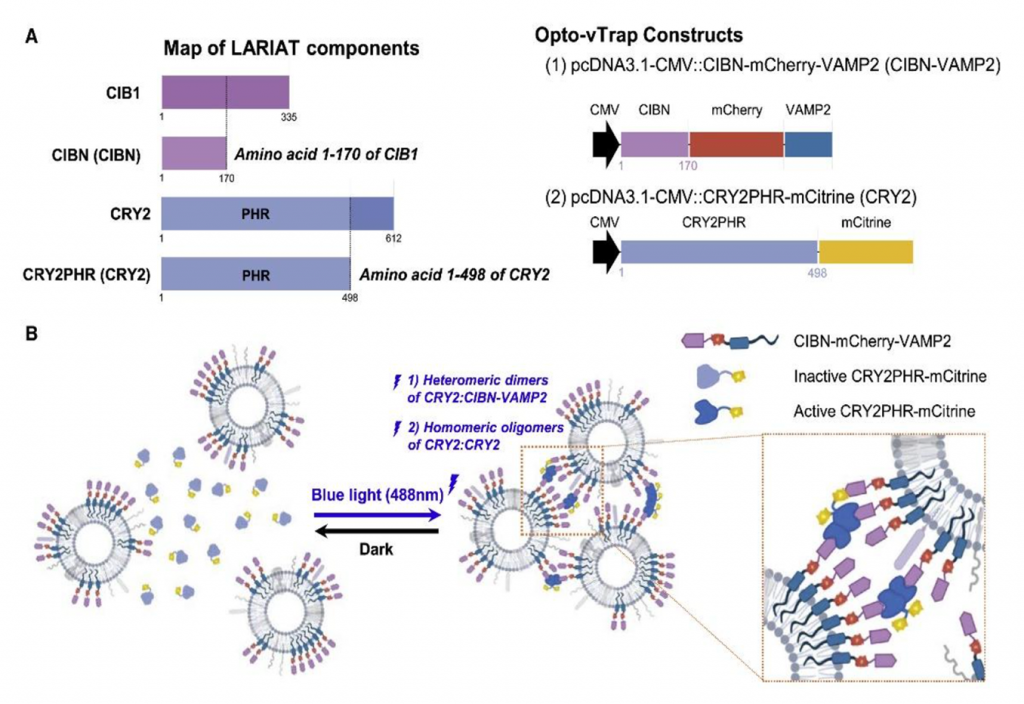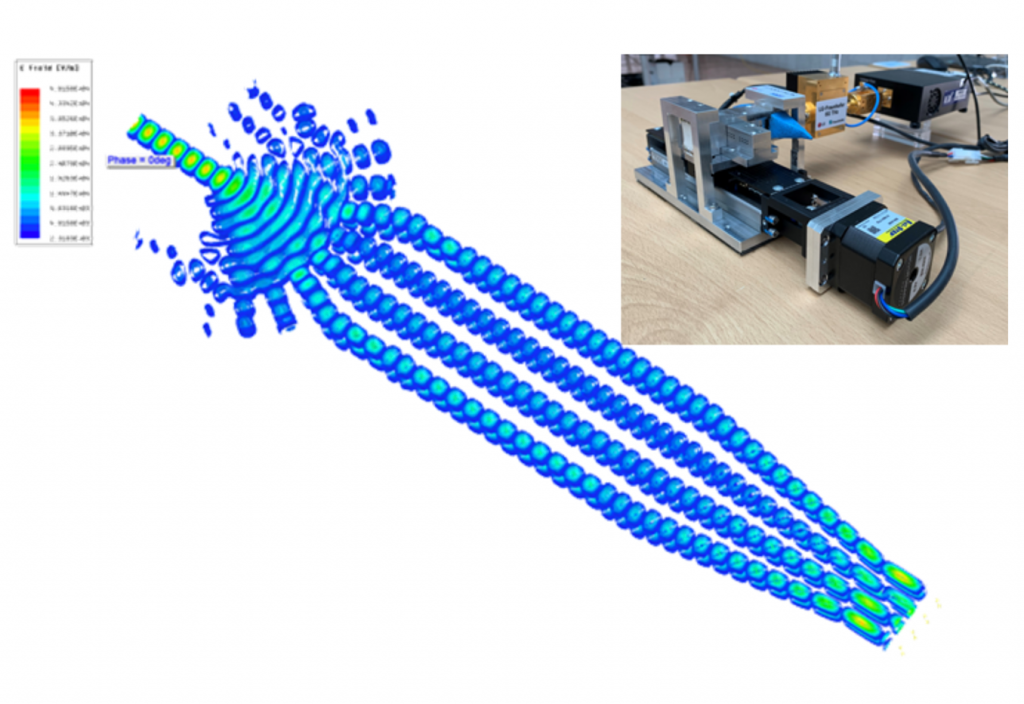-
Research Highlight
Neural activity patterns correlated with memory recall
By recording neuronal activity in the hippocampus during memory recall in freely behaving mice, Prof. Han’s group has identified neural activity pattern correlates of memory recall....read more
-
Research Highlight
Deep Generative Diffusion Models
AAILab, KAIST has developed various deep generative model structures and inference methods to synthesize realistic images through diffusion processes. ...read more
-
Research Highlight
KAIST Develops MARVEL, a Fast and Agile Climbing Robot for Industrial Inspections and Maintenance
KAIST researchers have developed MARVEL, a fast and agile quadrupedal robot equipped with an Electro-Permanent Magnet (EPM) and a Magneto-Rheological Elastomer (MRE) foot sole that enables it to climb on steel walls and ceilings for efficient and safe inspection and maintenance tasks in various industrial settings....read more
-
Research Highlight
KPC4IR’S AI for Social Good Project on AI in Maternal Health now working directly with government agencies
The research project on AI for social good aimed at using AI and Digital technologies to transform maternal healthcare in Bangladesh has recently entered a new phase by working directly with the country’s government agencies. The UNESCAP-APRU-Goolge.org-funded Project aims to strengthen AI Capabilities and Governing Frameworks in Asia and the Pacific. As part of this project, KAIST KPC4IR is collaborating with NUS IPUR to support and accelerate the use of AI in medicine and healthcare in Bangladesh. The expert team is focusing i research and analysis on identifying crucial bottlenecks and gaps that impede the beneficial use of AI. These efforts are aimed at providing the Bangladesh Government with the technological and policy tools to address challenges in Pregnancy Monitoring & health care systems using Artificial Intelligence and digital technologies....read more
-
Research Highlight Top Story
Selective and Efficient Photocatalytic Conversion of CO2 with Ultrathin Nanosheets
Prof. Doh Chang Lee’s group has developed a novel photocatalyst based on ultrathin CdS nanosheets for selective and efficient light-driven conversion of CO2 into CO. Surface engineering at atomic precision on CdS nanosheets enabled spatial separation of the reductive active sites and the oxidative active sites to designated facets. The facet-resolved redox-active sites favored efficient charge separation in the CdS nanosheets under light, leading to two-orders-of-magnitude increase in conversion rate of CO2-to-CO. ...read more
-
Research Highlight
SphereSR: 360º Image Super-Resolution with Arbitrary Projection via Continuous Spherical Image Representation
A new algorithm has been developed to generate omnidirectional images to super-resolve a low-resolution 360° image into a high-resolution image with arbitrary projection type via continuous spherical image representation....read more
-
Research Highlight
Racemized photonic crystals for physical unclonable function
Prof. Yoon’s group has developed a facile approach for optical physical unclonable function using spontaneous mirror symmetry breaking of molecular self-assembly. ...read more
-
Research Highlight
Mobilizing Artificial Intelligence for Maternal Healthcare in Bangladesh
This UNESCAP-APRU-Goolge.org funded Project Supports the Bangladeshi Government to Address Challenges in Pregnancy Monitoring & Health Care Technologies using Artificial Intelligence (AI). The United Nations ESCAP-APRU-Google.org ‘AI for Social Good’ project team includes Dr. Olivia Jensen, Mr. Nathaniel Tan from the National University of Singapore’s Institute for Public Understanding of Risks (NUS IPUR), and Dr. Cornelius Kalenzi from KAIST KPC4IR as lead researchers to support Bangladesh government in strengthening the maternal care health workforce and achieving SDG 3, which will transform methods of treatment as well as the relationships among health professionals and patients. Dr. Jensen, Mr. Tan, and Dr. Cornelius Kalenzi will address challenges in perceptions and reception of incorporating AI into continuous pregnancy monitoring systems, as well as related tech challenges. They will investigate technological issues in Bangladesh’s health care sector and how these impact AI-based data analysis and decision-making processes. Project outcomes will support the Bangladeshi Government in developing policies to promote and enable AI policy frameworks and AI capability-building for social good....read more
-
Research Highlight
Opto-vTrap, an optogenetic trap for reversible inhibition of vesicular release, synaptic transmission, and behavior
Spatiotemporal control of brain activity by optogenetics has emerged as an essential tool to study brain function. To silence brain activity, optogenetic probes, such as halorhodopsin and archaerhodopsin, inhibit transmitter release indirectly by hyperpolarizing membrane potentials. However, these probes cause an undesirable ionic imbalance and rebound spikes. Moreover, they are not applicable to use in non-excitable glial cells. In this study we engineered Opto-vTrap, a light-inducible and reversible inhibition system to temporarily trap the transmitter-containing vesicles from exocytotic release. Light activation of Opto-vTrap caused full vesicle clusterization and complete inhibition of exocytosis within 1min, which recovered within 30 min of light off. We found a significant reduction in synaptic and gliotransmission upon activation of Opto-vTrap in acute brain slices. Opto-vTrap significantly inhibited hippocampus-dependent memory retrieval with full recovery within an hour. We propose Opto-vTrap as a next-generation optogenetic silencer to control brain activity and behavior with minimal confounding effects....read more
-
Research Highlight
Development and Verification of Terahertz Ultra-wideband Beamforming Solution for Next-Generation Mobile Communication
We develop and validate new THz broadband beamforming systems for 6G mobile communications. The controllable beamforming system realizes the characteristics of ultra-wideband and low loss at the same time....read more

291 Daehak-ro Yuseong-gu Daejeon, 34141, Republic of Korea
Partnered with KAIST Breakthroughs and KAIST Compass
